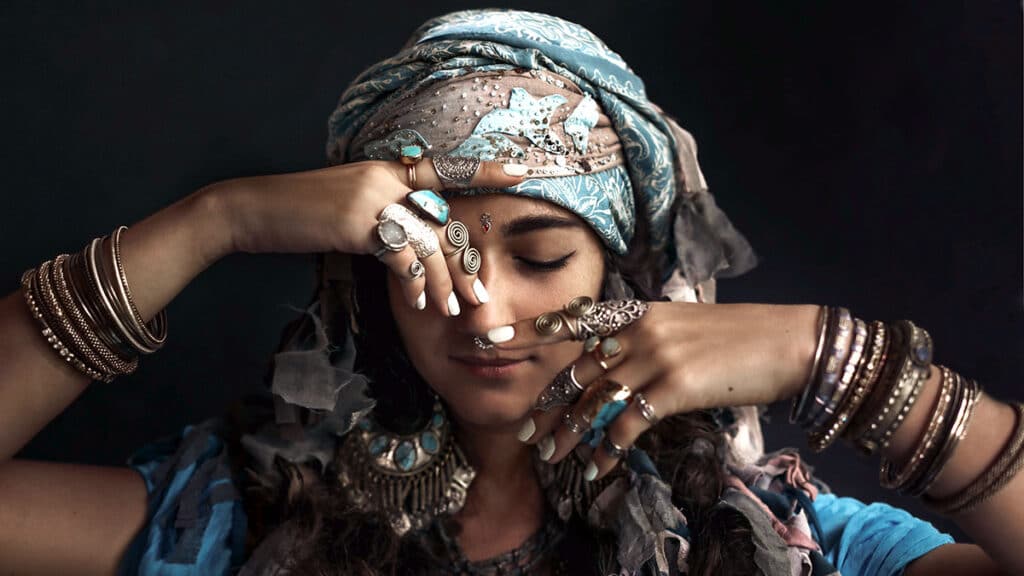International Romani Day on April 8 celebrates Roma culture around the world.
Romani People

Romani were originally traveling court musicians in the Rajasthan, Haryana, Punjab and Sindh regions of what is now northern India and Pakistan. There are still Romani communities there.
In the Middle Ages, many migrated west and settled in Turkey, southern France, Spain, and across Europe. The British thought the Romani came from Egypt and called the community a slang form of “Egyptian,” but the word is now considered a racial slur. There are Romani Egyptians, but the Romani came to Western Europe by a northern route through the Balkans and Southern Europe, and a southern route through Arab lands and North Africa.
Many Americans confuse Romani with Romanian. There are Romani Romanians, but the two peoples have different heritages.
In the 1800s, many Romani moved to the United States and Brazil. “Cien Años de Soledad” (100 Years of Solitude), the masterpiece of Colombian Nobel Prize-winning author Gabriel García Márquez, includes wonderful stories of encounters with Romani who brought scientific devices from across the world.
Romani have largely held onto the culture, in spite of discrimination while migrating around the world.
Spanish Flamenco is Romani Culture
Romani absorbed cultural influences from their travels. In Spain, Romani, Iberian, Jewish, Muslim, and Moorish culture blended into flamenco. Flamenco’s fiery hand movements derive from Indian classical dance traditions. The flamenco cry derives from the Muslim call to prayer. This incredible diversity makes Romani culture very beautiful.
International Romani Day
International Romani Day was established in Serock, Poland in 1990 during the World Romani Congress of the International Romani Union.
